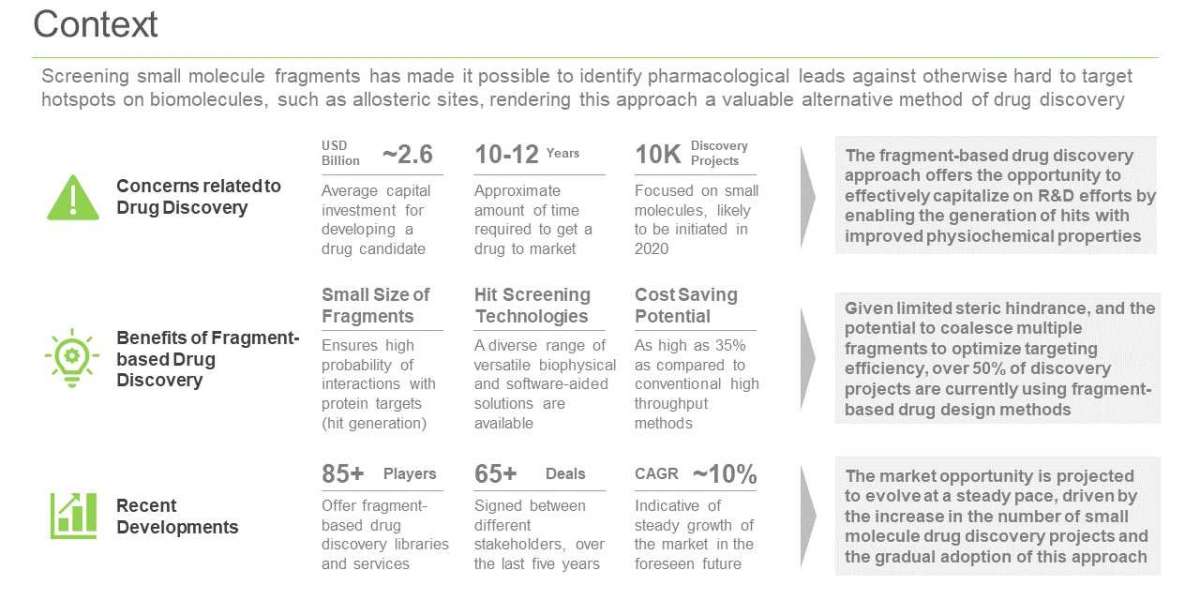In the realm of Numerical Analysis, where mathematical theory meets practical computation, lies a world rich with intricate problems and elegant solutions. As an expert in the field, it's imperative to delve into the theoretical aspects that underpin these numerical methodologies. In this blog post, we will explore three long master-level questions, each accompanied by a detailed theoretical answer, shedding light on the essence of Numerical Analysis.
Do My Numerical Analysis Assignment has become a common plea among students seeking assistance in navigating the complexities of numerical methods. As experts, it's our responsibility to not only provide solutions but also impart a deeper understanding of the underlying principles. So, let's embark on this journey of exploration and enlightenment.
Question 1: Understanding the Convergence of Iterative Methods
Question:
Explain the concept of convergence in iterative methods. How does one determine whether an iterative process converges or diverges?
Answer:
Convergence in iterative methods is the notion that a sequence of iterates generated by an iterative process approaches a certain limit as the number of iterations tends to infinity. The convergence of an iterative method is typically assessed by analyzing the behavior of the sequence of iterates. A common criterion for convergence is that the iterates become arbitrarily close to the true solution as the number of iterations increases. However, it's essential to consider various convergence tests, such as the rate of convergence and the behavior near critical points, to determine whether an iterative process converges or diverges.
Question 2: Exploring Polynomial Interpolation Techniques
Question:
Compare and contrast Lagrange interpolation and Newton interpolation methods. What are their respective advantages and limitations?
Answer:
Lagrange interpolation and Newton interpolation are two fundamental techniques used for approximating a function by a polynomial. Lagrange interpolation employs a single polynomial to interpolate the given data points, resulting in a straightforward expression for the interpolating polynomial. On the other hand, Newton interpolation involves constructing a divided difference table to determine the coefficients of the interpolating polynomial, offering computational advantages for repeated interpolations. While Lagrange interpolation provides a clear geometric interpretation, Newton interpolation facilitates the addition of new data points without recalculating the entire polynomial. However, both methods suffer from the issue of Runge's phenomenon, where oscillations occur near the edges of the interpolation interval.
Question 3: Unveiling the Mysteries of Eigenvalue Problems
Question:
What are eigenvalues and eigenvectors, and why are they significant in numerical analysis? Discuss the relevance of eigenvalue problems in practical applications.
Answer:
Eigenvalues and eigenvectors play a pivotal role in numerical analysis, particularly in the context of solving linear systems and analyzing dynamical systems. An eigenvalue of a square matrix represents a scalar value that characterizes the behavior of the corresponding eigenvector under linear transformation. Eigenvalue problems arise in various applications, including structural analysis, quantum mechanics, and data analysis. For instance, in structural engineering, eigenvalue analysis helps determine the natural frequencies and mode shapes of vibrating systems, essential for designing stable structures. Moreover, in data analysis, eigenvalue decomposition techniques, such as Principal Component Analysis (PCA), enable dimensionality reduction and feature extraction, facilitating pattern recognition and data visualization.
Conclusion
In conclusion, Numerical Analysis transcends mere computational techniques, encompassing profound theoretical concepts that form the foundation of modern mathematical modeling and simulation. By unraveling the intricacies of convergence, interpolation, and eigenvalue problems, we gain insight into the underlying principles that govern numerical methodologies. As experts in the field, it's our duty to impart not only solutions but also a deeper understanding of the theoretical framework that drives Numerical Analysis forward. So, the next time someone asks, "Do My Numerical Analysis Assignment," let's not just provide answers but instill a passion for exploration and discovery in the realm of numerical methods.



